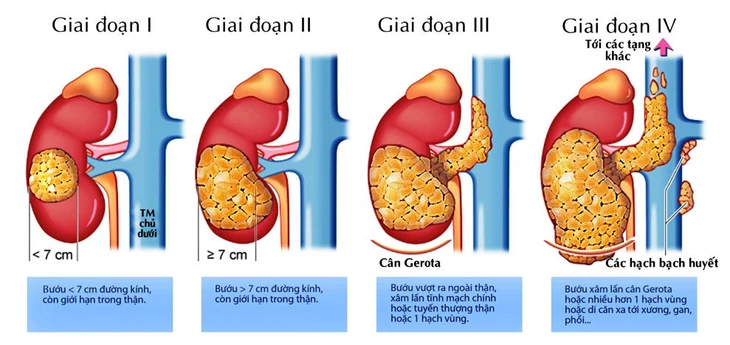
Stages of progression of kidney cancer - Illustration
Kidney cancer is increasing alarmingly.
Master Cao Minh Phuc - Department of Urology, Bach Mai Hospital said that the kidneys are small organs but play a vital role in the body. Silently and persistently, they are responsible for filtering blood, eliminating toxins, regulating blood pressure, balancing water and electrolytes, and participating in the production of blood-forming hormones.
However, this "silent hero" can be threatened by a dangerous enemy: Kidney cancer - when kidney cells proliferate abnormally, lose control and form malignant tumors. At that time, not only is kidney function impaired, but it also leads to a series of disorders that seriously affect the entire body.
According to GLOBOCAN 2020, each year the world records over 430,000 new cases of kidney cancer, of which Vietnam accounts for about 1,700 - 2,000 cases. The incidence of the disease is on the rise globally, especially in developing countries like Vietnam.
This increase is partly due to advances in diagnostic imaging, which have helped detect many cases incidentally. However, it also reflects the rise of modern risk factors such as obesity, smoking and environmental pollution.
Among kidney cancers, renal cell carcinoma (RCC) accounts for about 90% of cases. MSc. Cao Minh Phuc said this disease has the characteristics of being silent when progressing, easily metastasizing through the blood and often does not cause early symptoms.
Other types include transitional cell carcinoma (5-7%), which usually arises from the renal pelvis; Wilms tumor, which occurs in children; and the very rare tubular cell carcinoma. Although less common, these types tend to be more aggressive and have a worse prognosis than renal cell carcinoma.
Signs to watch out for
Kidney cancer is often called the "silent trap" because in the early stages, the disease has few obvious symptoms. Most cases are discovered by chance through abdominal ultrasound or CT scan when examined for other reasons.
When symptoms appear, the disease is usually advanced, although only occurs in less than 10% of patients, including: painless gross hematuria, dull pain in the flank-back area, and a palpable mass in the lower flank.
Clearly established risk factors for kidney cancer include: Smoking (increases the risk of renal cell carcinoma by 50%), obesity (disrupts hormones and insulin - factors that stimulate cancer cell growth), hypertension (associated with chronic renal microvascular damage), chemical exposure (lead, arsenic, pesticides) and some genetic factors that can increase the risk of early renal cell carcinoma.
Proactive screening and early detection
To avoid falling into this "silent trap", each person needs to raise awareness and proactively screen. Master Cao Minh Phuc recommends going to the doctor if there is one of the following signs: blood in the urine - even just once and without pain; persistent, dull, one-sided back pain of unknown cause; weight loss, fatigue, persistent low-grade fever, unexplained anemia.
In particular, people over 50 years old, smokers, have high blood pressure, or a family history of kidney cancer should have regular ultrasounds every 6 - 12 months.
Currently, about 30-40% of patients are diagnosed at the metastatic stage - an alarming reality. To improve this situation, Master Phuc emphasized the need to strengthen communication and public health education ; encourage regular health check-ups - simple abdominal ultrasound can detect early; train primary doctors to improve their skills in suspicion and early diagnosis and apply AI technology - big data in screening and monitoring risks.
Advanced treatment methods applied include:
- Laparoscopic surgery through the peritoneum and retroperitoneum: Kidney-preserving tumor resection, radical nephrectomy.
- Tumor destruction by heat pressure (high frequency thermocoagulation).
- Multimodal combination: Chemotherapy, immunotherapy, targeted therapy (if the disease is advanced).
- Currently, accurate diagnosis is guaranteed thanks to interdisciplinary coordination and the use of modern means: MSCT, MRI, biopsy, and histopathology.
Source: https://tuoitre.vn/ung-thu-than-xu-huong-gia-tang-dang-bao-dong-20250731074432485.htm



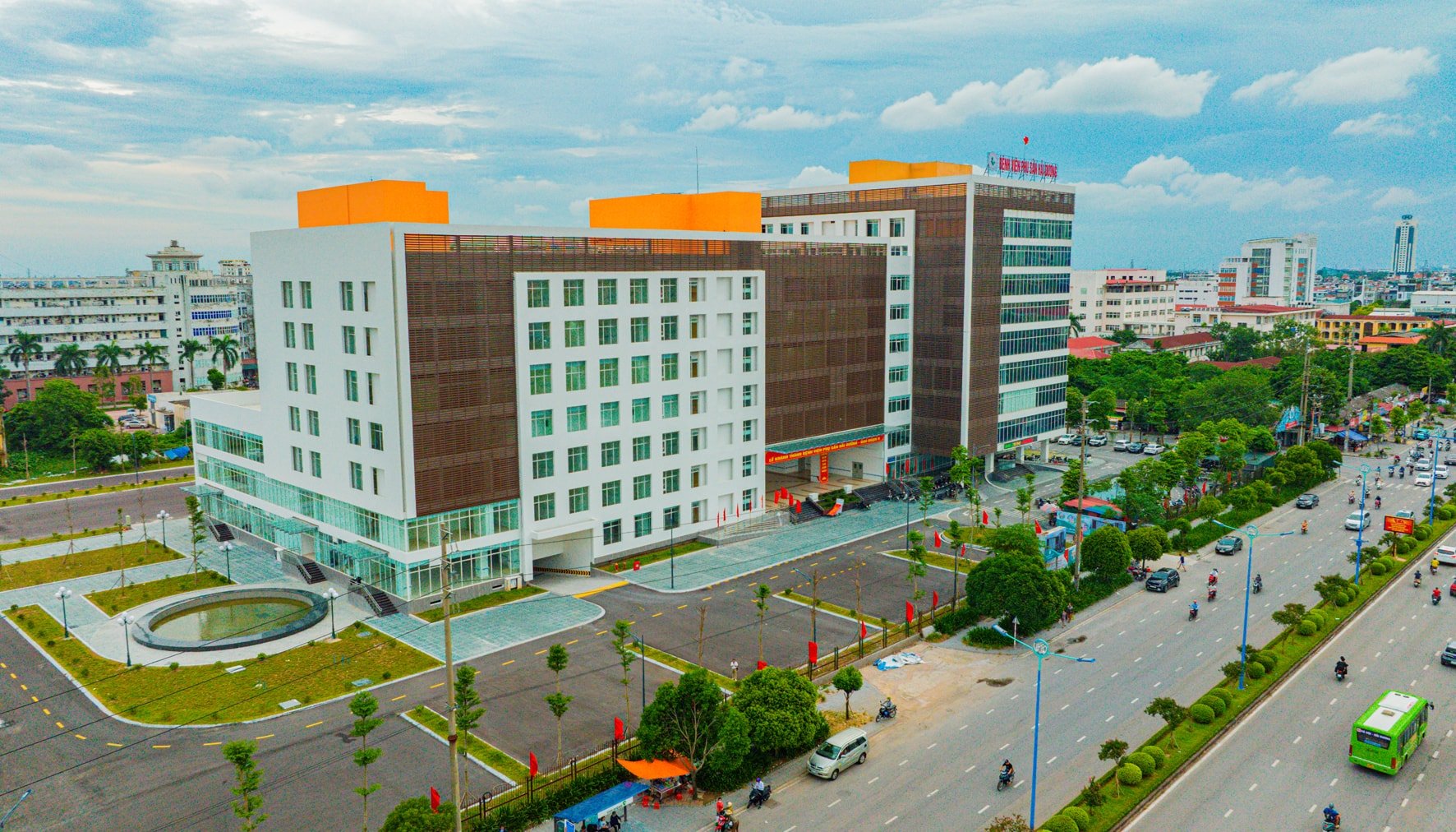
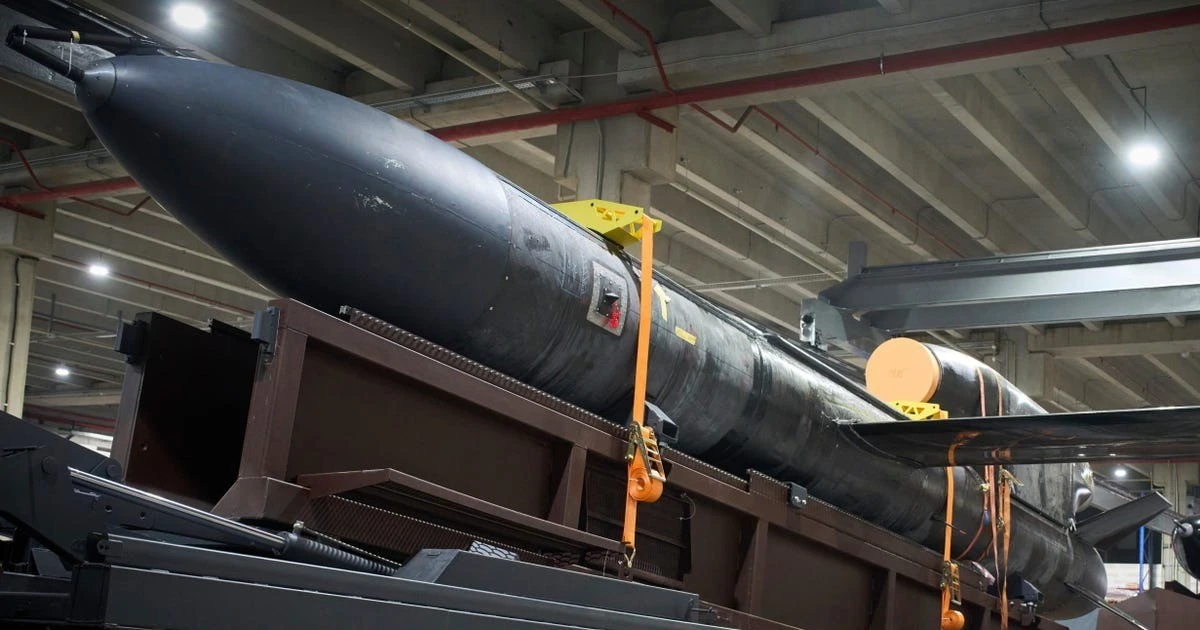
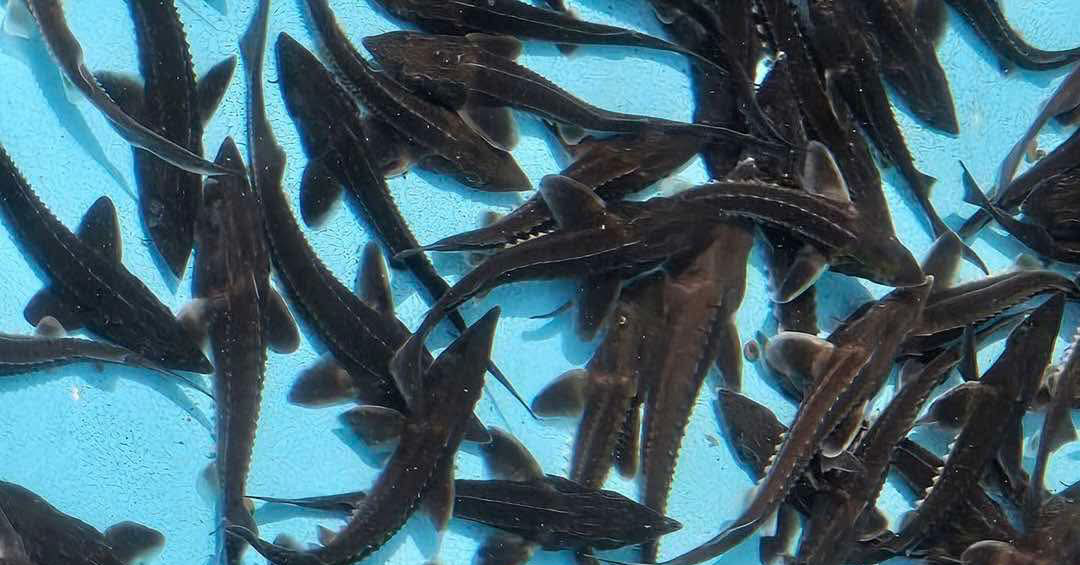

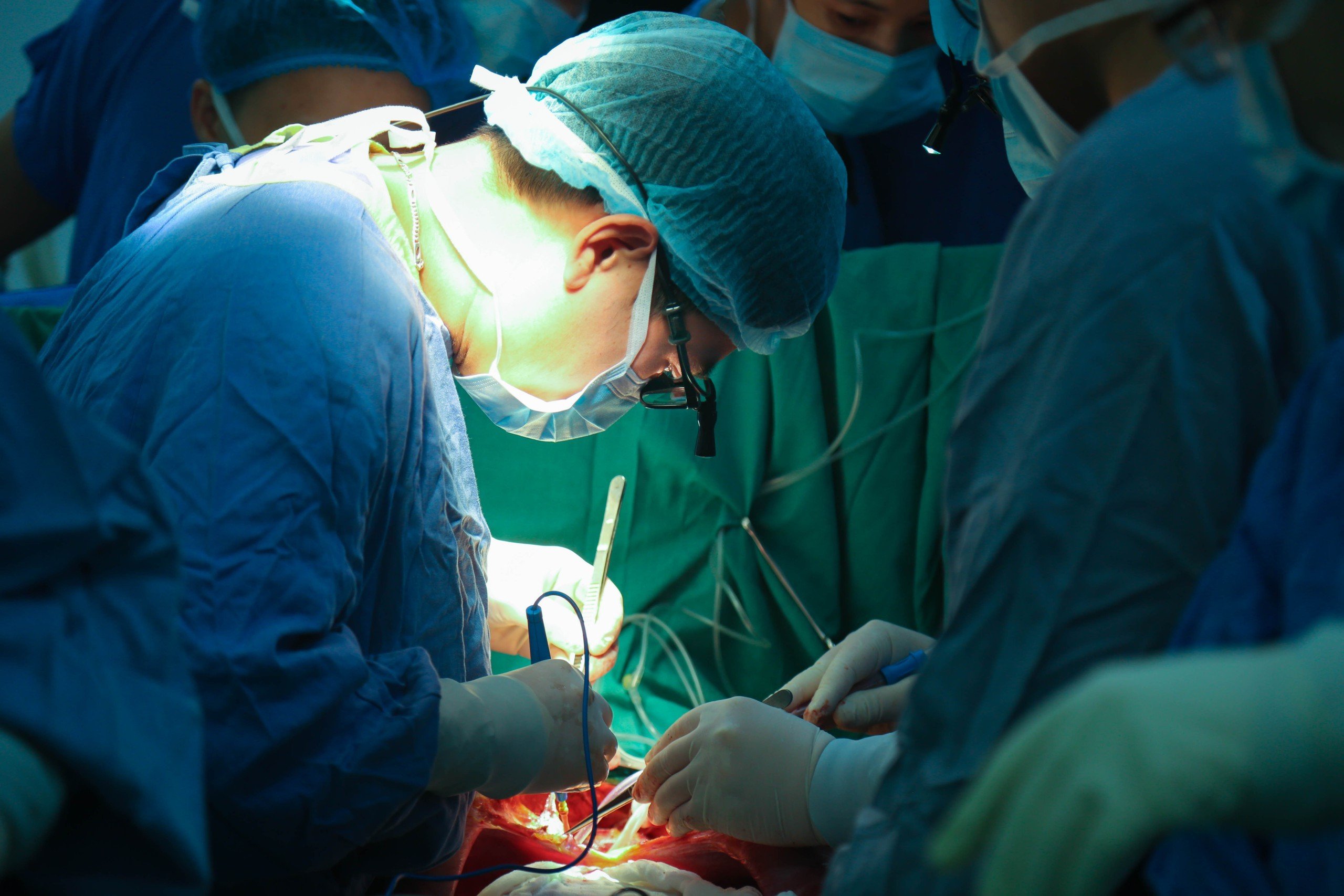

![[Motion Graphics] 14 items exempted from corporate income tax](https://vstatic.vietnam.vn/vietnam/resource/IMAGE/2025/8/22/29a6b00358de452488c5e1dcbc0b377d)




















![[Photo] New look of the coastal city on the Han River](https://vstatic.vietnam.vn/vietnam/resource/IMAGE/2025/8/22/26f58a4a29b9407aa5722647f119b498)

































































Comment (0)